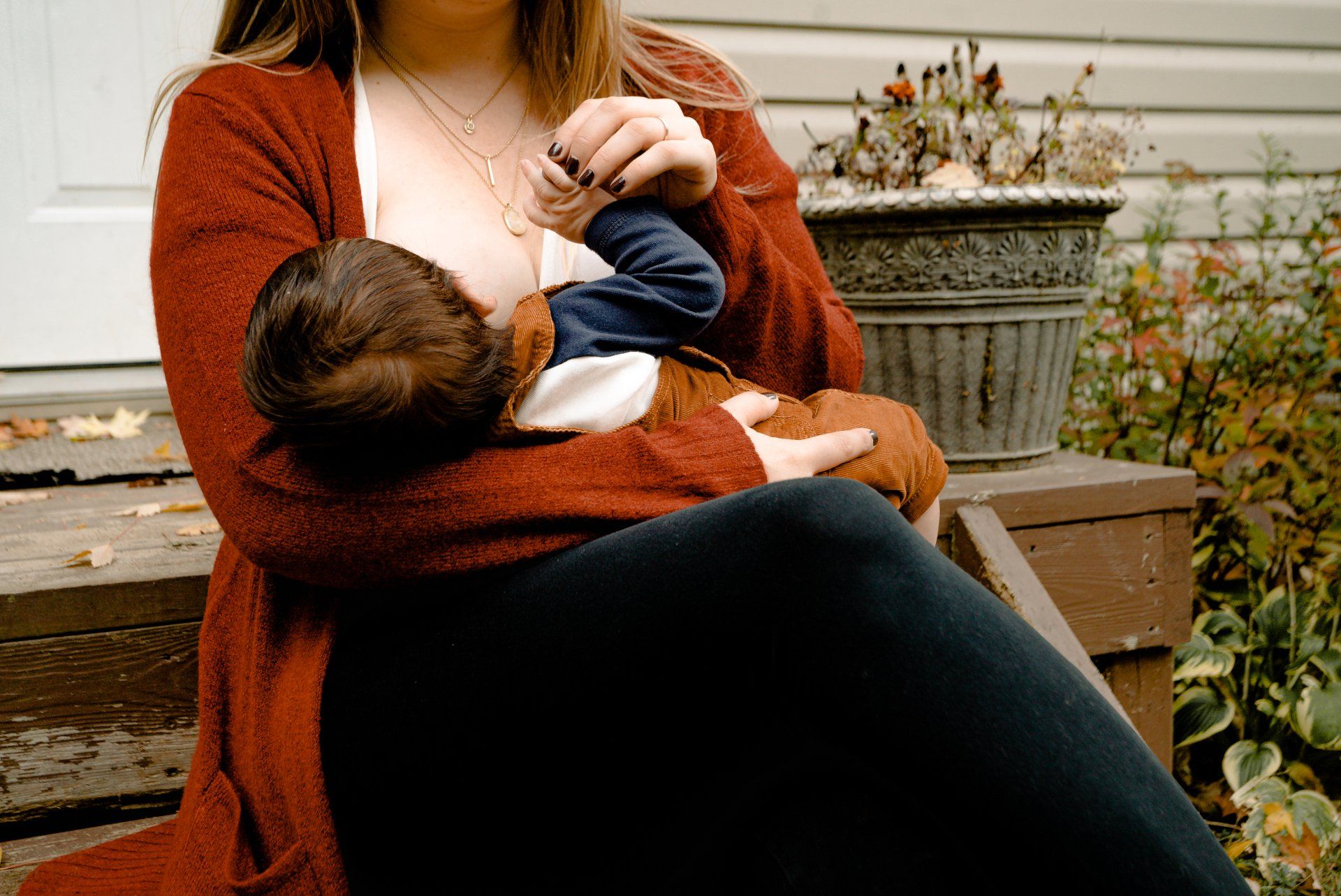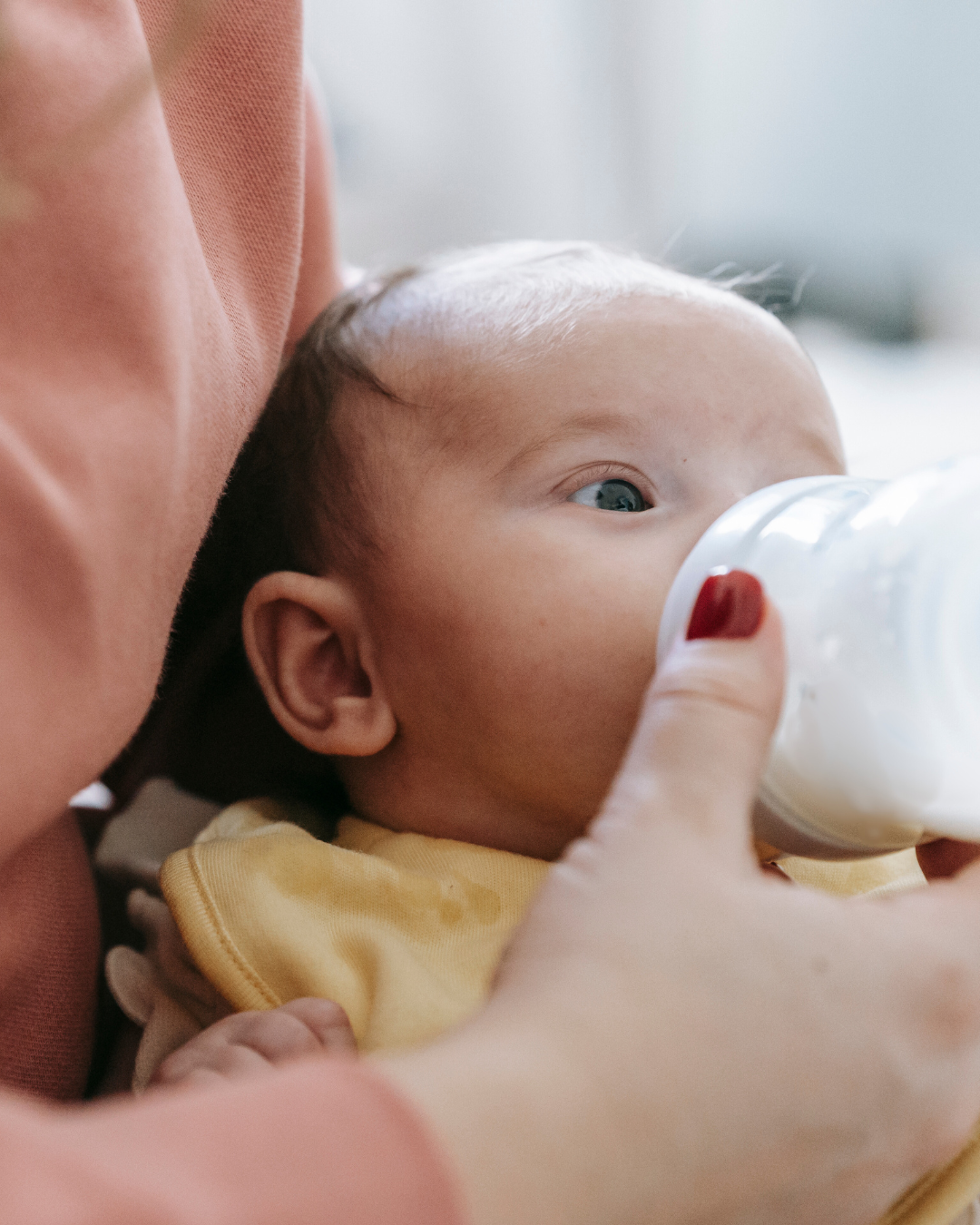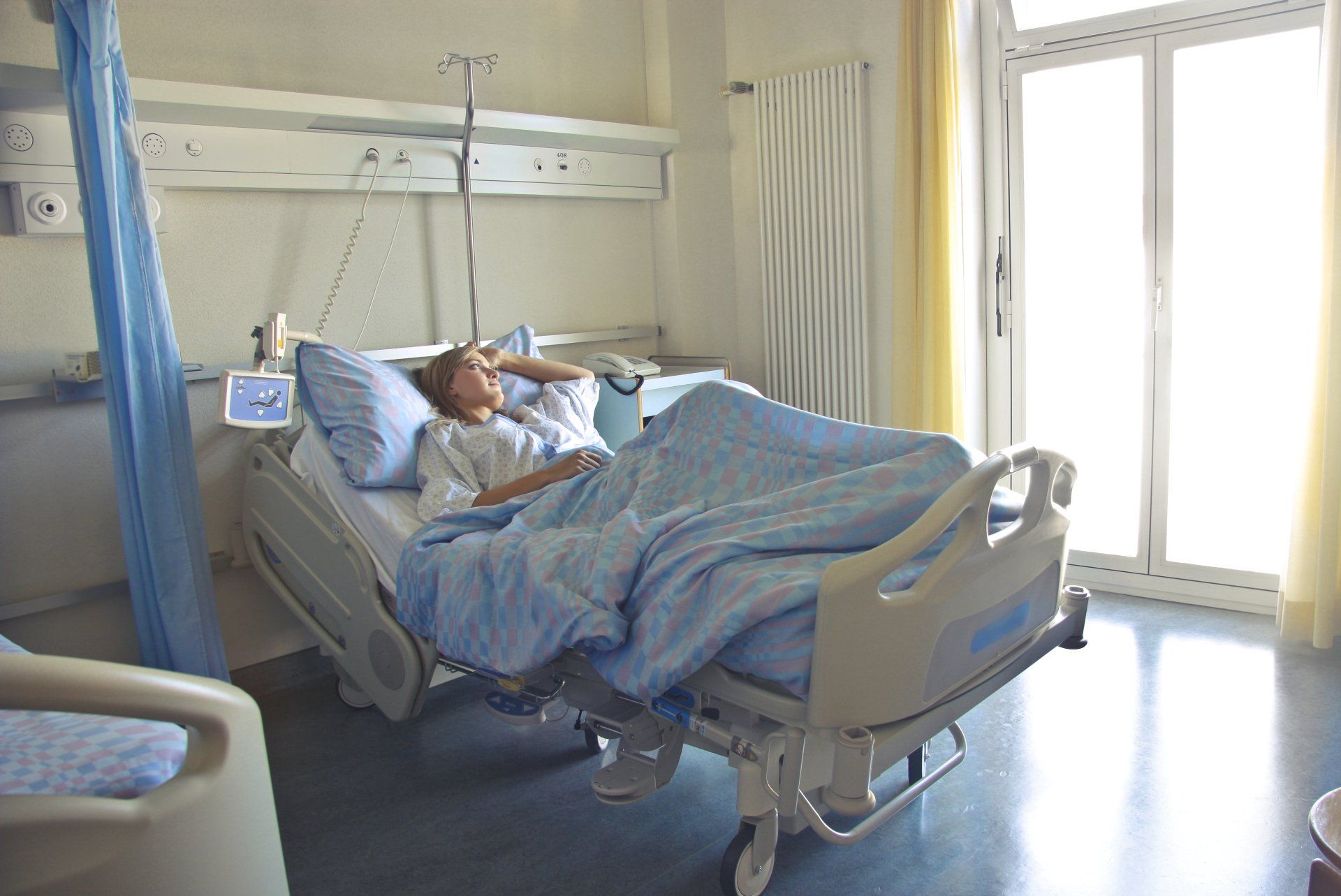Breastfeeding from 3 to 6 months
A lot of breastfeeding information focuses on the early days of feeding. This knowledge is so important as getting started is often the hardest part but for families feeding beyond what we know of as the Fourth Trimester (the first 12 weeks) there is often less information and support. This article looks at the next phase of feeding – from three to six months.

Three Months
At this stage many are comfortable in their breastfeeding, confidence has grown in relation to breastfeeding in public and the early challenges have passed. Around three months many babies will go through growth spurt and if cluster feeding had seemed like a thing of the past it can be a little bit of a shock. Don’t worry though it normally only lasts 2-3 days. After this growth spurt babies are often very efficient feeders and may only nurse for five to seven minutes each feed.
This age is generally a settled one where night time sleep has less breaks and where babies’ personalities really start to develop. There will be out loud laughs and little eyes lighting up when you reach out to pick them up.
By breastfeeding for at least 3 months you have given your baby a 27% reduction in the risk of asthma if you have no family history of asthma and a 40% reduction if you have a family history of asthma and between a 19-27% reduction in the risk of childhood Type 1 Diabetes
Another bonus is that breastfeeding burns significant calories for the nursing parent so you may start to notice some weight loss without much effort over the next three months. This isn’t the case for everyone however.
Four Months
Confidence continues to grow and many parents by now feel stopping breastfeeding would be more difficult than continuing. There are no bottles to sterilise, no formula to make up and less stuff to bring when you leave the house. Baby rolls over and bumps their head? No problem - pop baby on the boob and you’re sorted. Parenting through breastfeeding starts to take shape.
There is another growth spurt and a huge developmental leap. For some babies this can impact their temperament for a few days and their night time sleep for a bit longer. Try not to misinterpret this as a need to start solids, baby’s digestive system isn’t ready just yet, its just a normal development stage that will pass.
In relation to breastfeeding, we often refer to this as the ‘nosey’ stage. Babies are very interested in their environment and will often latch off to look around when feeding. Some babies become so distracted parents find they have to feed them in quiet spaces for a short period of time. Don’t let this stop you from getting out and about, if baby is too distracted to feed properly while out they’ll catch up later.
Baby may also be starting to roll over independently. If you bed share this may be something you need to think about. If nappy changes are becoming a bone of contention try placing a mirror beside the changing area as babies this age love to look at themselves!
By breastfeeding for four months you have given your baby strong protection against ear infections and respiratory tract diseases for the whole first year.
Five Months
Exclusive breastfeeding is recommended until around 6 months, you’re almost there! Babies will often be starting to sit up with support and may like to feed in different positions such as straddling your leg while sitting upright! Your baby should still be having at the very least 6-8 breastfeeds per day so while life is getting busier remember to fit in feeds during the day or they may ask more at night!
By breastfeeding to this point, your baby is more likely to accept a range of solid foods when the time comes in a few weeks. This is because breastmilk exposes babies to the flavours of their mothers’ diets. Keep an eye out for the signs of readiness which include
· Sitting well with support (not slumping in highchair)
· Being able to pick up toys and bring then to their own mouth
· Diminished tongue thrust reflex
All of these signs should be present before starting solids. Around 6 months could be anything from 23-29 weeks for these signs to occur. It’s important not to start too early (gut not ready and higher risk of choking) or too late (higher risk of food allergies).
Many parents are now preparing for a return to work. Linking in with a peer supporter or a lactation consultant can be helpful to talk through this transition.
Six Months
Once you are ready to start introducing solids you can take it at your own pace. Some parents choose to start with single foods, while others introduce a variety early on. Some choose to offer spoon feeds while others choose baby led weaning (offering table foods).
Timing of breastfeeding and solids isn’t that important if you are feeding on demand. You may not find much of a change in feeding patterns at first so just go with the flow and let baby lead the way. As baby starts to become more stabilised on solids you may find that you can leave them with a caregiver for a number of hours with just solids and water and then breastfeed while home.
If you have returned to work you may find you and your baby use breastfeeding to reconnect and that for a period you baby may breastfeed more at night.
By breastfeeding for 6 months you have given your baby significant protection against eczema during their first 3 years of life and a 19% decrease in risk of childhood acute lymphocytic leukaemia and a 15% decrease in the risk of acute myelogenous leukaemia.
So that rounds up our look at breastfeeding from three to six months. If you have any questions please reach out!



